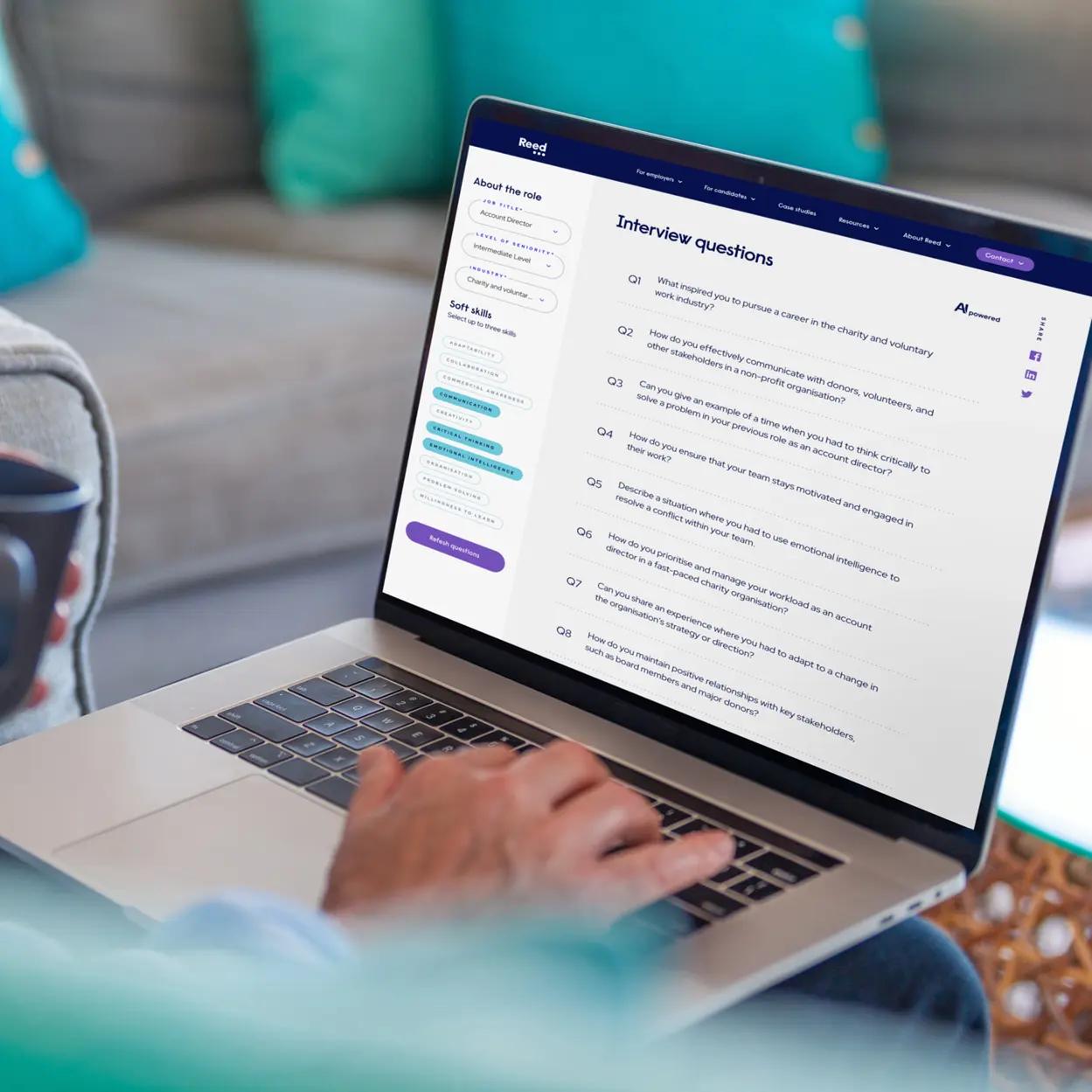After conducting numerous interviews, you might find yourself having to choose between several applicants for a single position.
This predicament can be both a blessing and a curse. On the positive side, it’s a testament to your effective outreach and the attractiveness of your company. However, it also presents a challenging decision that could significantly impact your team and business.
Making the right choice is crucial. A poor hiring decision can lead to an increased workload for existing team members as they may have to assume additional duties, which can impact their own performance and productivity. It can also be costly. The Chartered Institute of Personnel & Development (CIPD) estimates the cost of a bad hire to be between four and six times that employee’s salary, including the costs of recruitment, training, and severance. Therefore, it’s not a decision to be taken lightly.
Here are the key factors to consider when making your decision:
Assessing experience
Experience is a crucial factor in evaluating candidates. However, when two candidates have similar experience levels, it’s important to consider the specific needs of your company. One applicant might be better suited to the immediate demands of the role, while another might have experience in areas your company plans to explore in the future. Don’t underestimate the potential benefits of hiring someone from a different industry who can bring a fresh perspective.
Consider whether you need an experienced professional who can hit the ground running but might quickly outgrow the role, or if you’d prefer someone with less experience who is eager to grow into the position.
Assessing soft skills
Assessing soft skills is a critical component that goes beyond evaluating a candidate’s experience and qualifications. Soft skills are personal attributes that enable someone to interact effectively and harmoniously with other people. They include traits like communication skills, problem-solving abilities, teamwork, adaptability, and emotional intelligence.
It’s important to consider which ones are essential to the role. For instance, if the job involves a lot of team projects or client interactions, you might prioritise candidates with strong communication and teamwork skills. On the other hand, if the role requires making tough decisions under pressure, problem-solving abilities and resilience might be more important.
Remember that while technical skills can be taught, soft skills are often inherent and can be harder to develop. Therefore, considering these during the hiring process can help you find the person who is not only qualified but also a good fit for your team’s culture and work style.
Considering engagement and enthusiasm
Someone’s enthusiasm for the job is another key consideration. Try to discern whether they’re looking for just any job or if they’re genuinely interested in the role you’re offering.
A jobseeker who is passionate about your field and eager to work for your company specifically is likely to stay with you for a longer period, while someone seeking a temporary solution may leave as soon as a better opportunity arises.
Here are some ways you can assess if the applicant is genuinely interested in your role:
Their responsiveness
Applicants who are genuinely interested in the role will typically respond quickly to your emails or messages promptly and are likely to put their best professional self forward in their replies.
Level of research conducted
Those who are truly interested in the position will take the time to research your company through your website, social media, and reviews on platforms like Glassdoor.
They talk about the future
An applicant who can envision a future at your company is more likely to be genuinely interested in the role. If they are asking questions about the career development available, they will likely see themselves staying at your company long term.
Interpersonal skills and cultural fit
Beyond technical skills, a candidate’s interpersonal skills and cultural fit are vital. Evaluate how well they would each fit into your company culture and with their potential colleagues. Remember, you’ll be interacting with them daily, so personal compatibility matters.
Network and connections
If you’re still finding it hard to choose between them, consider what additional value they could bring. A candidate with an established network of clients or industry connections could provide a significant boost to your business by securing contracts that might otherwise be out of reach.
Navigating the recruitment landscape can be a challenging task, especially when faced with multiple people for a single role. However, by carefully considering key factors such as experience, cultural fit, and essential soft skills, you can make informed decisions that align with your company’s immediate needs and future goals. Remember, the right candidate should fit the job description, complement your team’s culture, and contribute to your organisation’s vision.
If you are looking for the next talented professional to join your team, get in touch with one of our specialist consultants today.
If you are currently in the process of interviewing candidates, having the right questions is key. Our AI-powered interview question generator will give you a set of custom questions, for any role, in minutes. Try it now.





